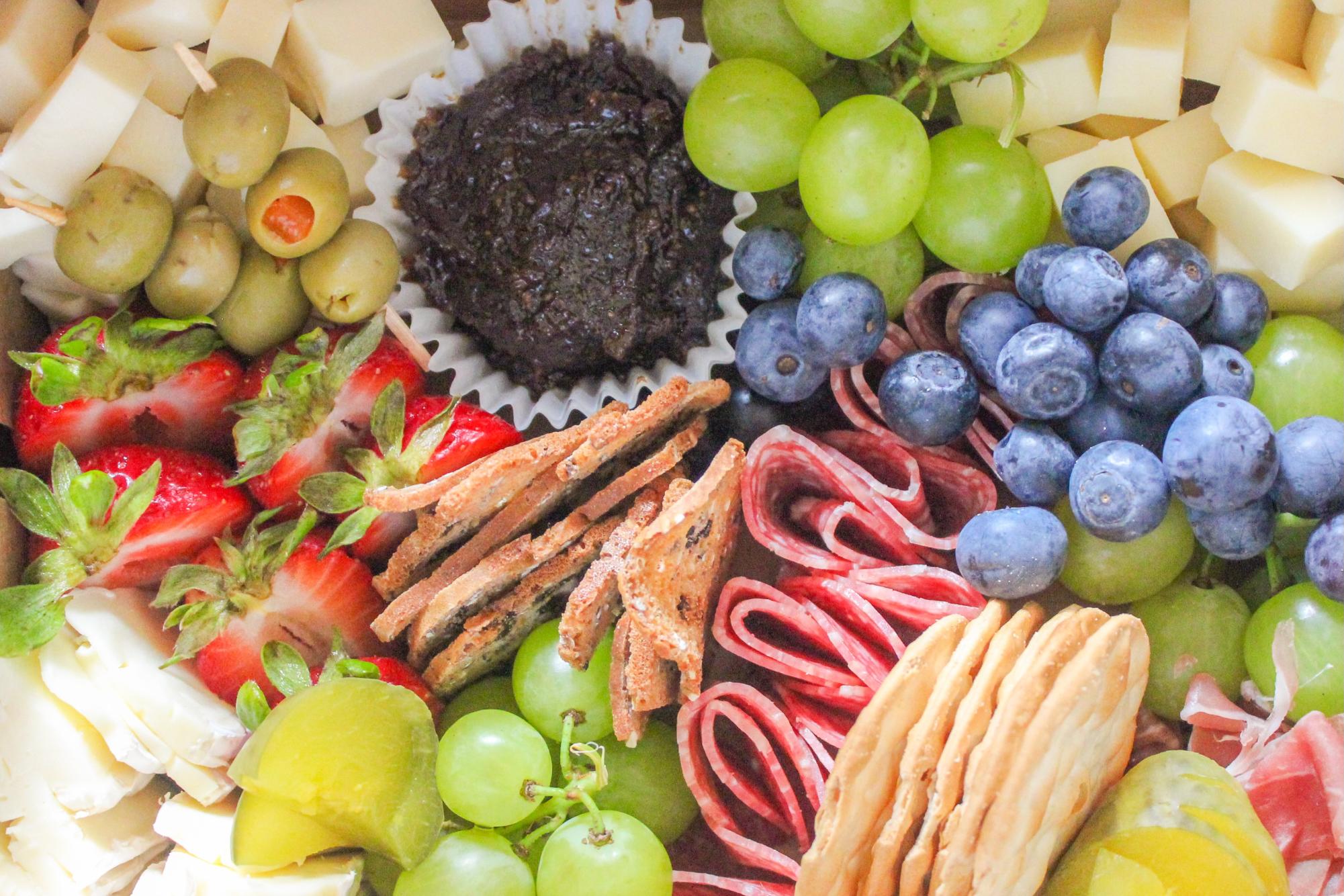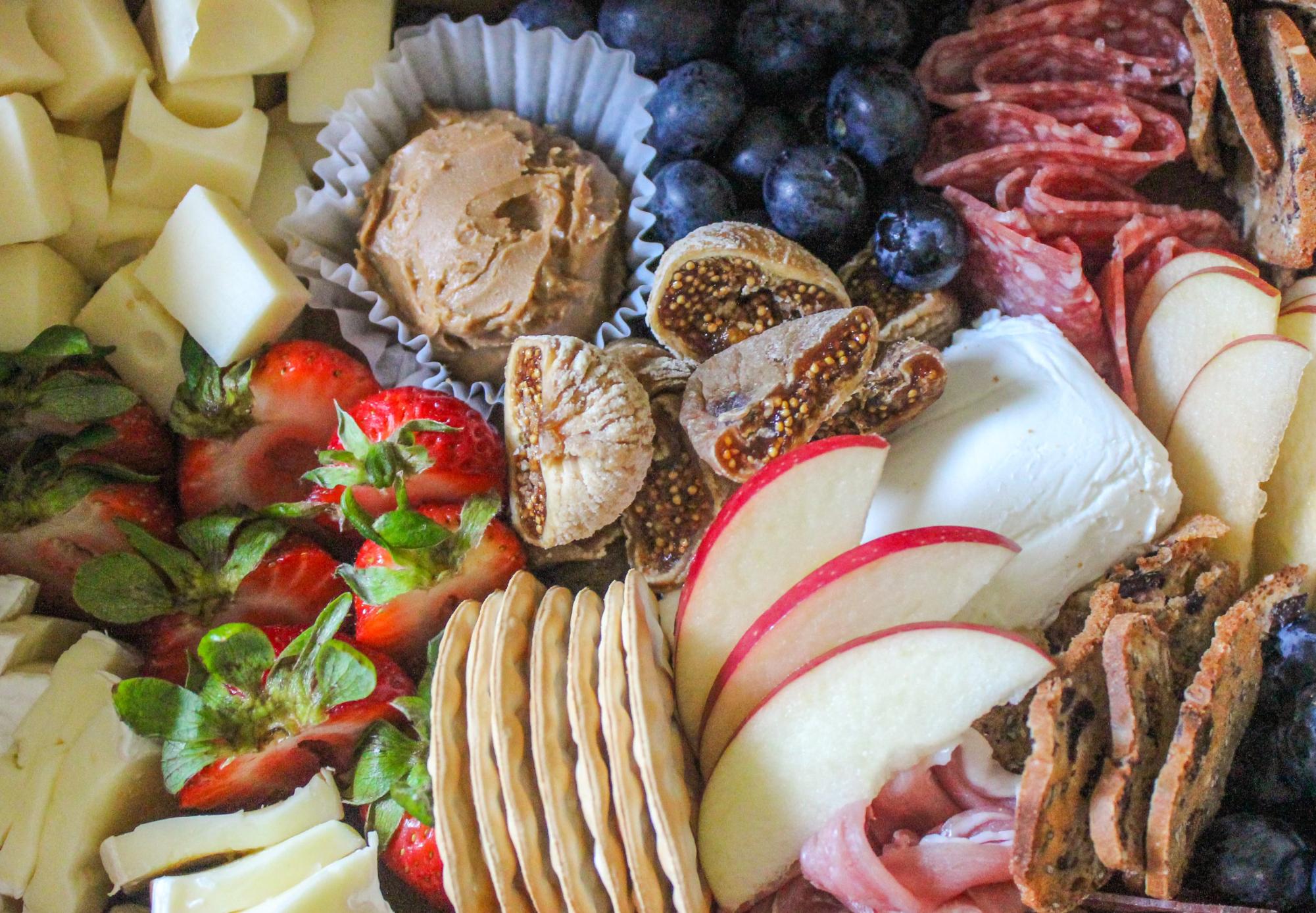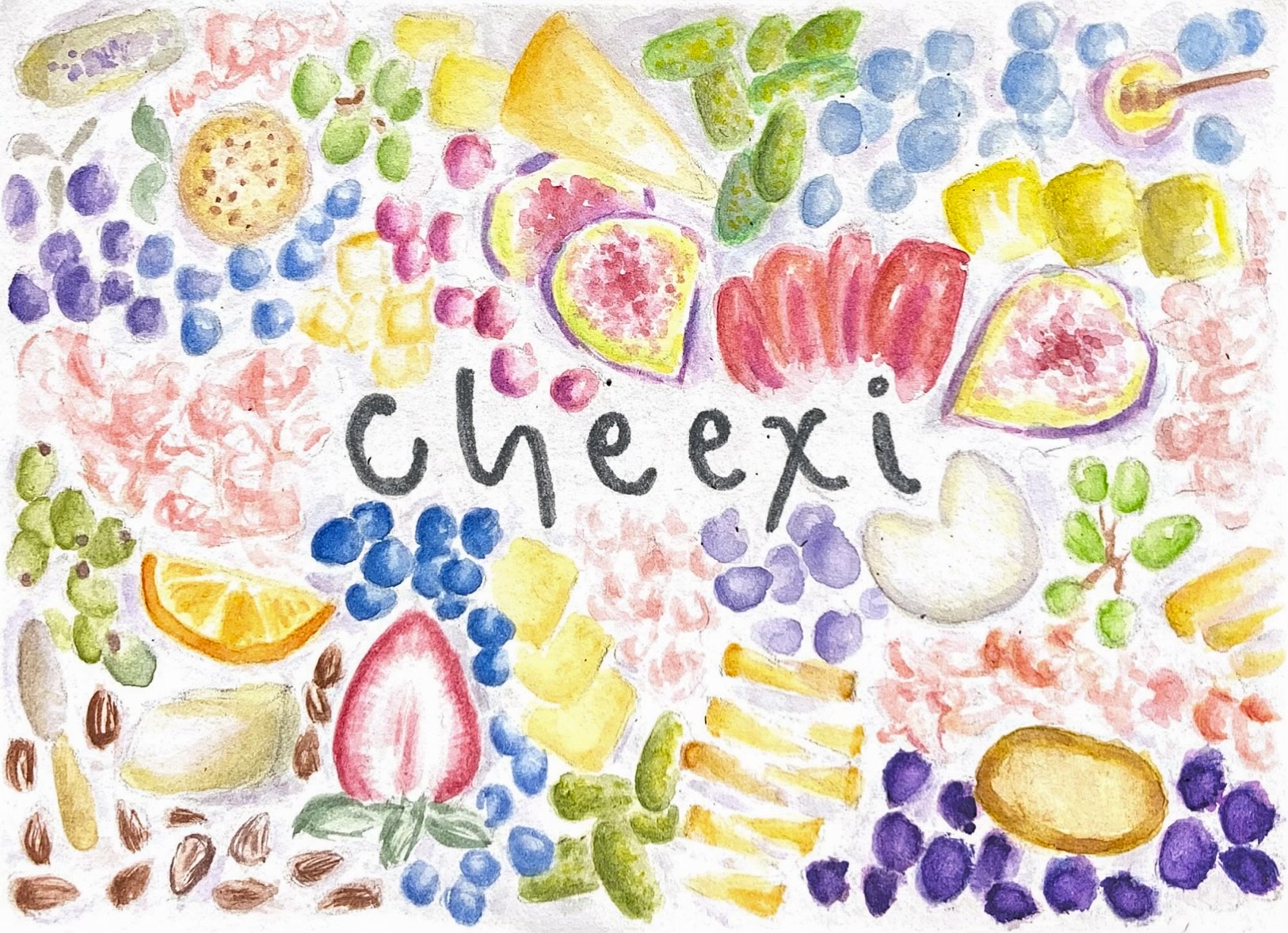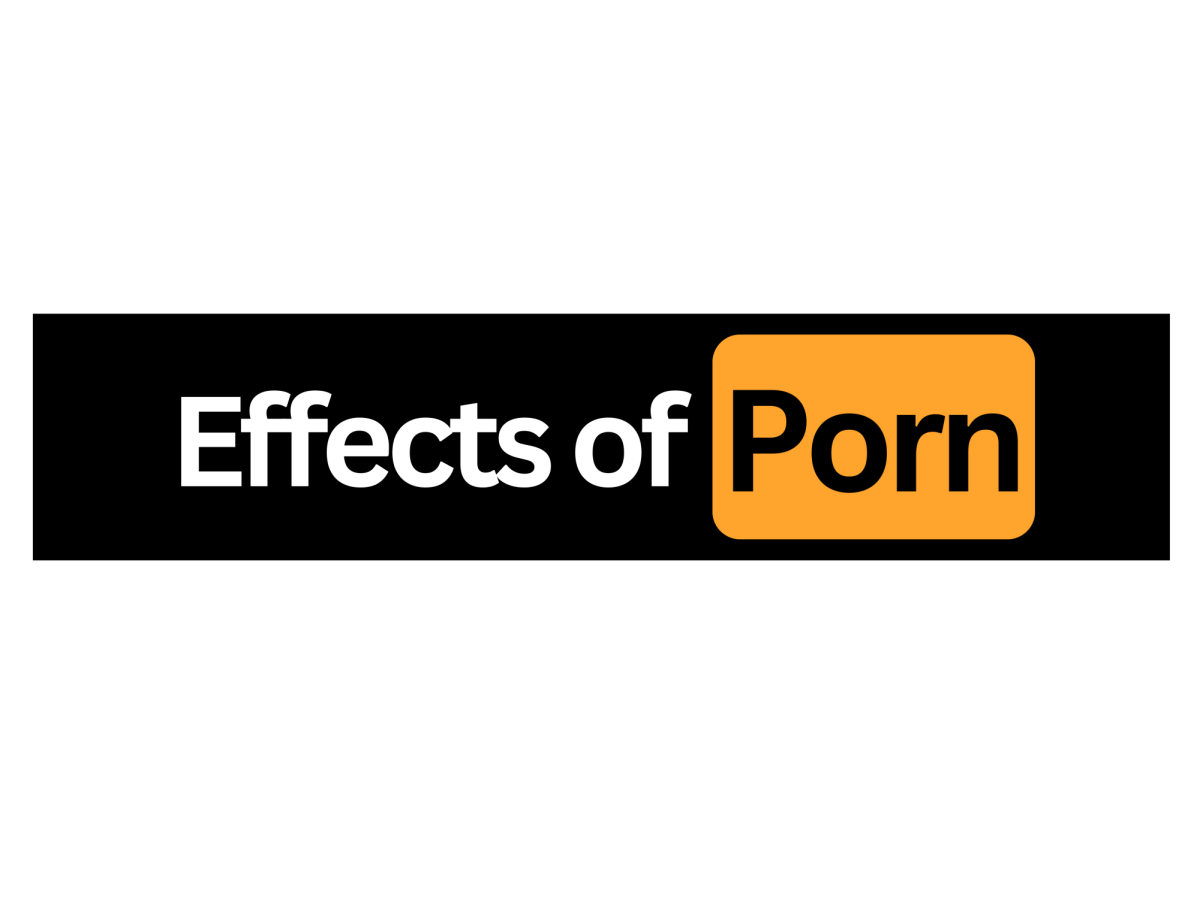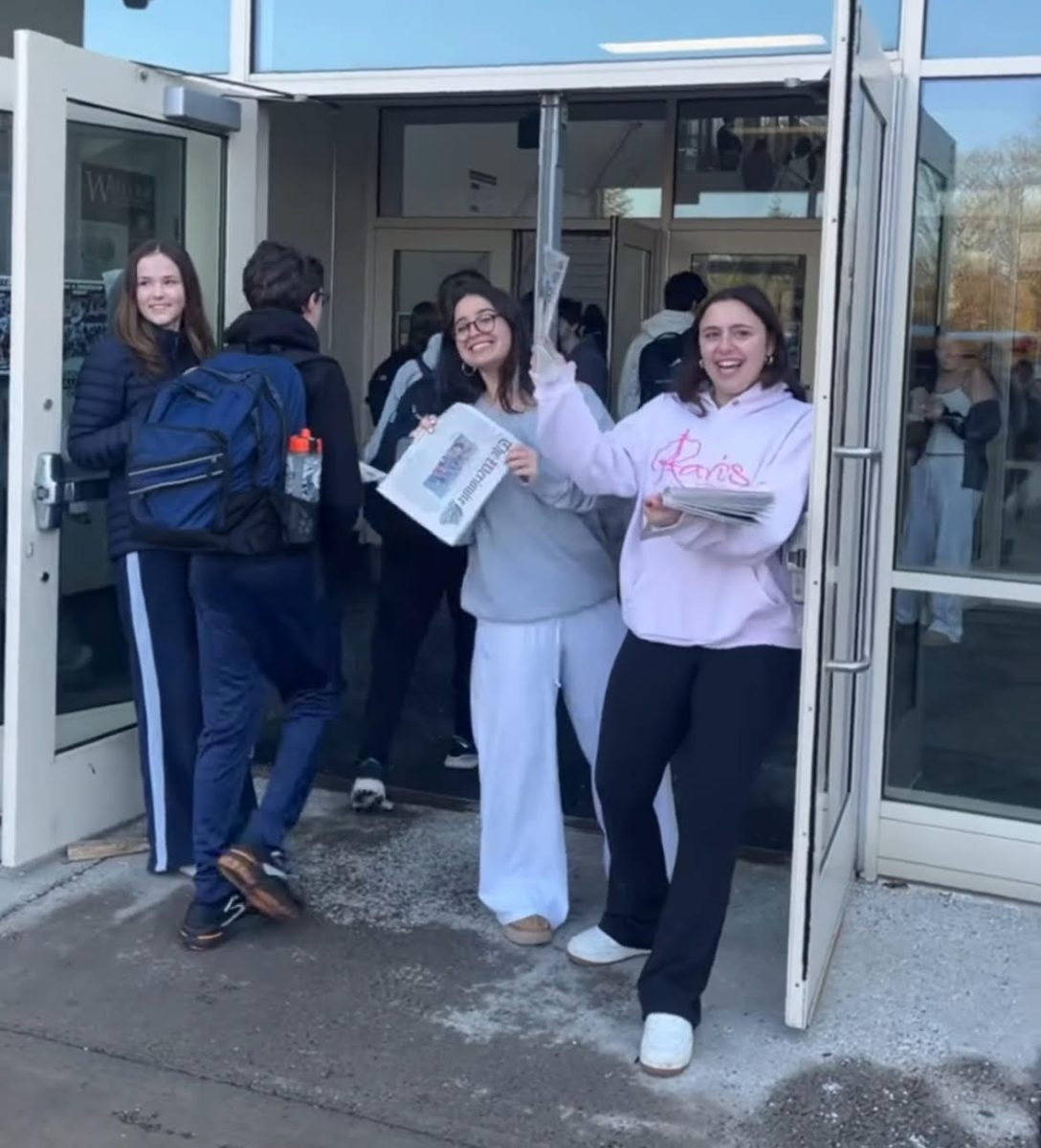For many of us, May is a tiresome month as we enter the final stretch of class projects, AP exams, and club officer applications. Another marker is the noticeable emptier hallways of LM.What causes this annual phenomenon? Senior project month.
During the month leading up to graduation, the senior class must complete a culminating project of their choice to fulfill their highschool requirements. The process begins at the end of February, as students begin brainstorming feasible but inquisitive project ideas. Within the next two months, they must also find a mentor to guide their skill development. Once students are dismissed from their classes in the first week of May, they enter the Experiential Phase, a three-week time period where students fulfill the seventy hour work time requirement.
One goal of the Senior Project is to grant students an opportunity to explore a field of interest free from academic and career stresses. Since they must spend multiple hours on their project of choice each day in order to fulfill the time requirement, it is imperative that they select an activity that they genuinely enjoy. For this reason, many students create projects related to extracurricular activities they have prior experience in, whether that be school clubs, sports, or personal hobbies.
Anwen Underwood ’24, a two-year captain of the LM Science Olympiad team, is planning to expand the Elementary Science Olympiad (ESO) Program. Underwood explains that after contemplating other ideas, “she ultimately came back to what made [her] the most excited this year,” which was leading the ESO event. After months of efforts from the Science Olympiad coaches and captains, ESO was launched in October of the ’23-’24 school year. The program spanned from October to December, where LM Science Olympiad members would attend the Penn Wynne and Cynwyd Elementary schools weekly during after school hours to lead STEM activities, often inspired by Science Olympiad competition events, for the elementary students. ESO ended with a student-led one-night competition event between teams from the two elementary schools, where students got a more relaxed preview of middle and high school level Science Olympiad competitions. Underwood is planning to organize another one-night event during May. She also anticipates creating an outline of a collaboration with Harriton to expand the ESO program to their nearby elementary schools Belmont Hills and Penn Valley. Her mentor will be Ms. Cooke, one of the Science Olympiad coaches, who helped her immensely during the previous summer and fall to organize and implement the program. Ultimately, Underwood hopes to provide access to fun and creative STEM experiences to even younger audiences by continuing her efforts related to ESO.
While some senior projects consist of contributing new additions to a student’s activity, some may revisit and regain skills. Daniel Vossough ’24, a martial artist for over a decade, plans to relearn Japanese shotokan karate. Simply put, shotokan karate is the most traditional and common form of the Japanese martial art discipline.While Vossough has a shodan black belt in shotokan, he has not been able to train regularly after his studio shutdown during the pandemic. Over the three week period, he will be practicing kata (set sequences of karate moves), kumite (practical application of karate moves to opponents), bunkai (breaking down kata and studying their practical applications), and additional Japanese terminology. Vossough has been training in martial arts since he was five years old, primarily in Tang Soo Do, a relatively modern Korean martial arts discipline that combines Korean and Chinese fighting techniques popular during the Tang Dynasty. For this project, he wanted to refocus his training onto more traditional styles, as opposed to the Americanized style of Tang Soo Do he had been practicing and teaching. Although Vossough considered learning a foreign language or doing a STEM internship, he realized that he could pursue those interests in college, emphasizing that “I will never again in my life have a dedicated seventy hours where I am required to learn something that I enjoy.” Upon disappointing news that his old shotokan sensei would likely be out of the country during the senior project month, he will be mentored by his current senior instructor at the Tang Soo Do studio he teaches at, who has a background in traditional martial arts. By revisiting a more traditional and widely-used discipline, Vossough hopes to improve his physical fitness, with specific goals like learning 26 of the main katas and advanced kumite and kicking combinations.
With the goal of being a “culminating project,” students may also create projects where their activities intersect. Natalie Chen ’24 knew she wanted to choreograph a dance solo for her studio’s annual spring show, but wanted a more personalized and multidisciplinary performance. She could also complete the project by bringing in her years of playing violin into the equation, as she had also considered producing music for her senior project. Fortunately, Chen realized that she did not have to sacrifice either passion—dance and violin—in creating an enjoyable project. She plans to bring together both her artistic experiences by choreographing a dance solo to a violin piece she will play and record. Chen will be working with a dance teacher from her local studio, that she has been dancing with and teaching at for several years, who will guide her in developing a nuanced and musical performance. This project will be a next-level creative journey for Chen, and she believes it will be an opportunity to unwind from the years of high school stress.
In the rather short three weeks students have to work on these final projects, they will end their high school careers with the satisfaction of discovering yet another part of themselves. With the majority of students experiencing senioritis, the chances of this discovery occurring while keeping them in school for several hours everyday are slim. Thankfully, LMSD has acknowledged this, thus providing a more efficient and stress-free experience that does not sacrifice the main goal of education: an opportunity to discover our true passions.
